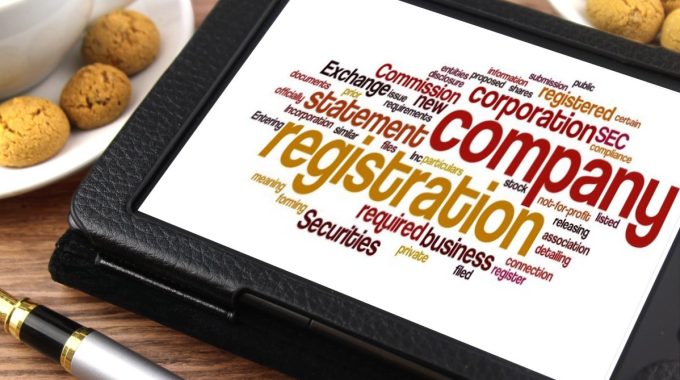Business registration in Australia involves a variety of things, from drafting the right documents to registering your IP with the right governing body. Essentially, it will ensure you’re registered with ASIC as a business under the Corporations Act 2001, making it easier for you to comply with rules around taxes and updating documents.
Before you make things official, it’s important that you take all the right steps, keeping in mind your specific business structure and the nature of your activities.
This article will cover what you need to know about the process of registering your business.
What Is Business Registration?
Business registration is the process of legally entering your company into the national database so there is a record of it for tax purposes, fees and annual checks. It’s basically the first serious step in your business venture because you will be registering your business with the relevant government bodies. They’ll have access to your business details (and potentially your personal details, depending on your structure). It also involves paying certain fees so that you have certain certificates, like a Record of Registration.
Why Do I Need To Register My Business?
Registering your businesses is essential to having a legitimate, legal business. It’s also important so that you can pay the relevant taxes, remain subject to the Corporations Act and other important pieces of legislation, like the Australian Consumer Law.
What Do I Need to Consider When Registering My Business?
Business Structure: When you first register your business, the process will largely depend on the structure you choose. There are three main types of business structures:
-
Sole trader – an individual running their own business
-
Partnership – two or more owners of the business.
-
Company – a more sophisticated structure where the business is a separate legal entity
It’s important to understand which business structure is right for you as each one has its pros and cons. You’ll need to think about your intended business activities, size, complexity and financial capacity before you finalise your structure. Choosing your business structure will also determine what types of taxes you’ll be paying and other obligations you might have under the Corporations Act.

Do I Get An ABN Or ACN?
Whether you get an Australian Business Number (ABN) or Australian Company Number (ACN) will depend on the structure of your business. If you are operating as a sole trader or under a partnership, then an ABN will suffice. However, if you are operating as a company or any other dual structures that qualify your business as a company, then you will also need an ACN. Make sure you identify the structure you want to operate your business under prior to registering it so you can be aware of the registration numbers you will need.
Business Name
The business name is the identity your venture will operate under. To Register A Business Name, you’ll need to visit the ASIC website and complete the process online.
You don’t need to register a business name if you’re operating under your own name. However, if you’re using another name, you will need to register your business name with ASIC. You’ll need to go onto the Business Name Register and check that the name you want to use is not already taken.
Once you have found a name that is currently not in use, you can then fill out the relevant details, submit the form and once it has been approved you will receive your business name in the mail.
It’s important that you’ve done all of these preliminary steps before you actually go ahead and register your business name.
Fees and Taxes For Business Registration
During the registration process, you can simultaneously register to apply for the relevant taxes that will apply such as fringe benefits, Pay As You Go (PAYG) Withholding or Goods and Services Tax (GST). It’s imperative to be clear on the kind of business you will be running and as a result, the taxes that will pertain. For example, a business will likely not have to worry about GST taxes unless they have a turnover of more than $75,000 per annum.
Next Steps
There are a lot of considerations when registering a business. However, the key takeaways here are as follows:
-
Identify your business structure before you register with ASIC
-
Make sure you’ve searched the Business Name Register to avoid potential disputes
-
Protect your IP by registering a trademark for your business name or logo
-
Notify ASIC if you want to make changes to your business details
A professional team like SJB Bookkeeping can help with this to ensure your business receives the best start possible.




